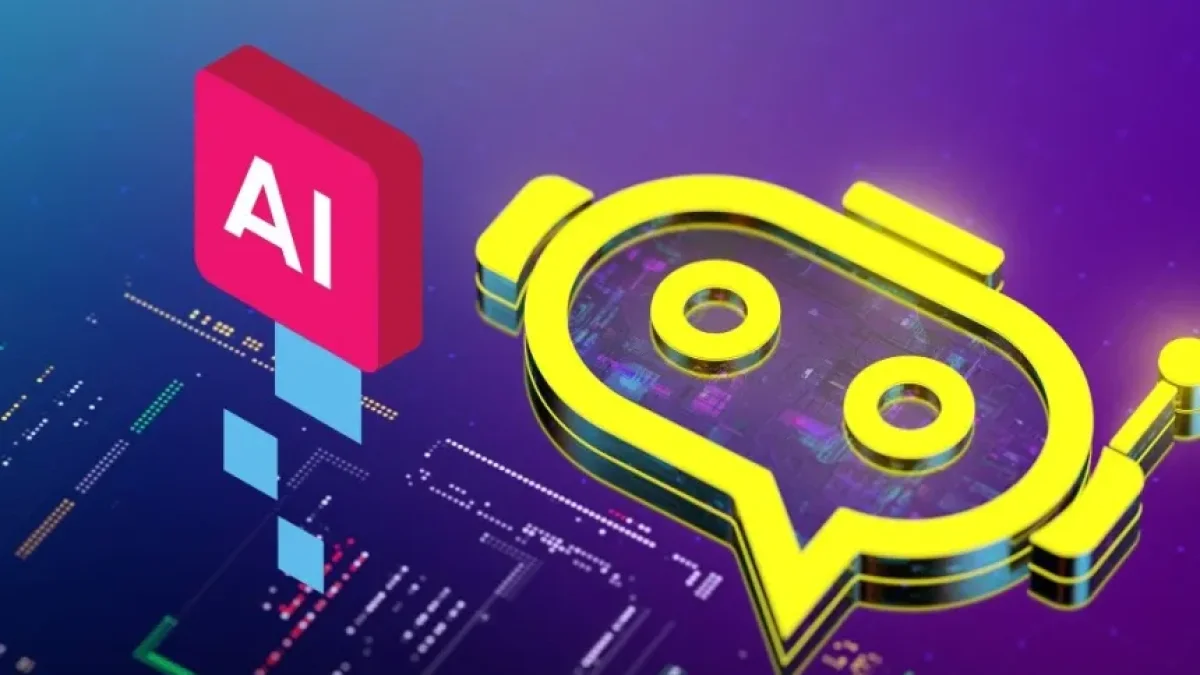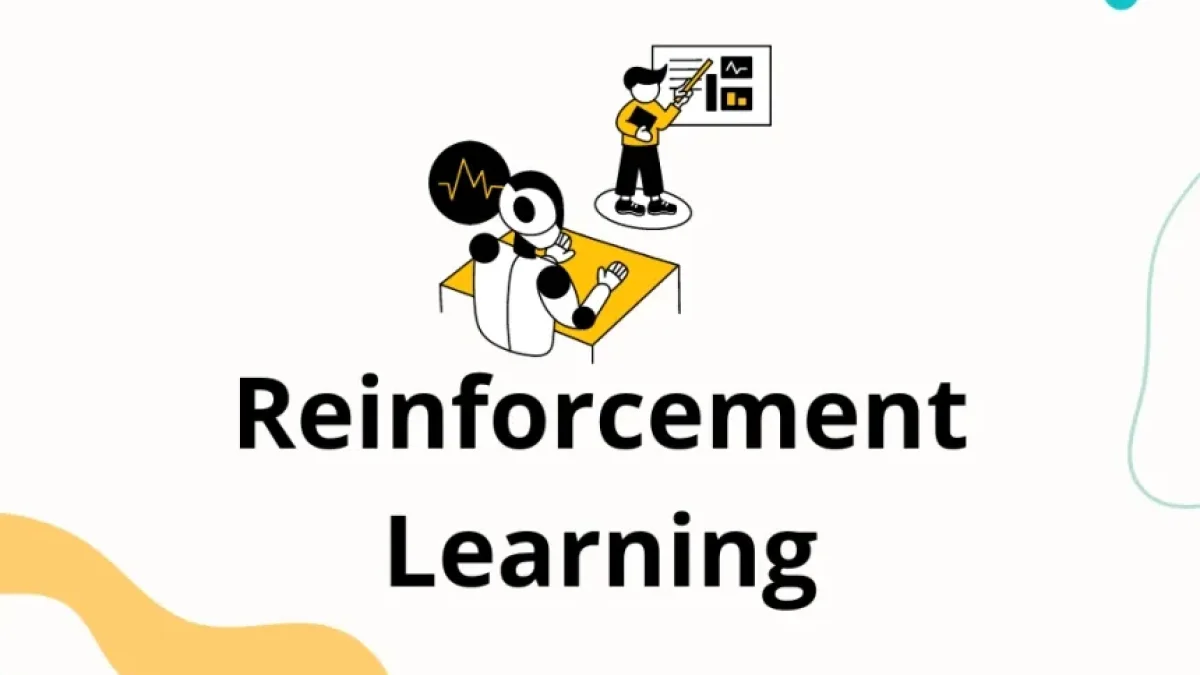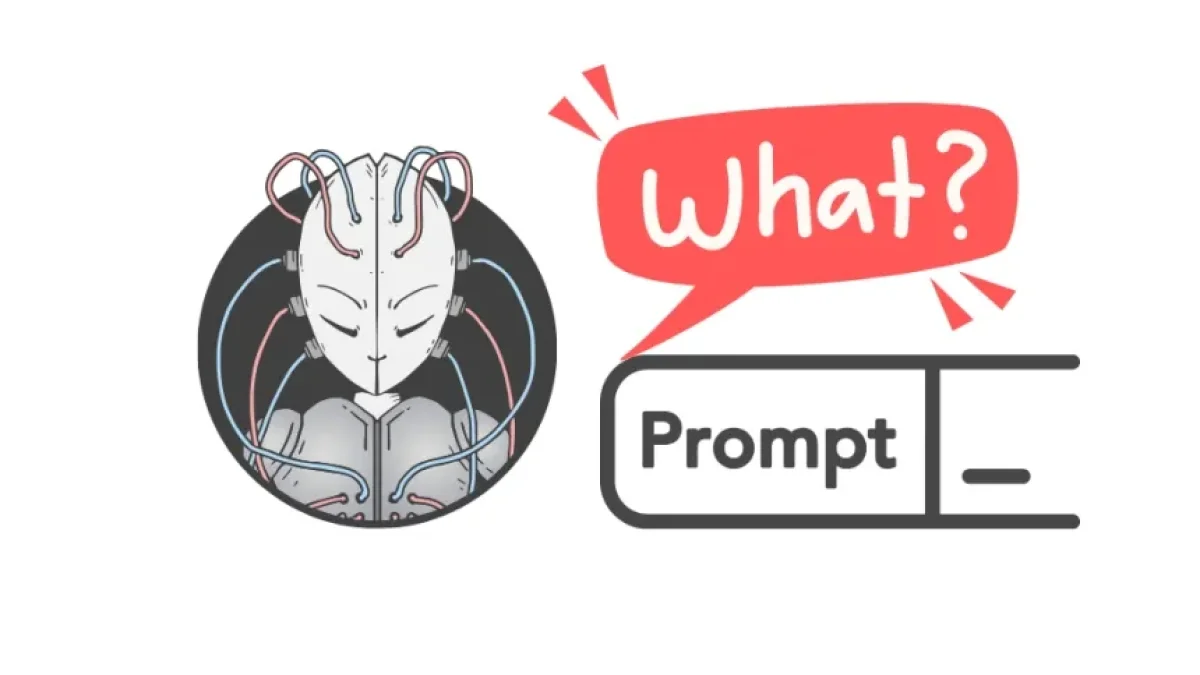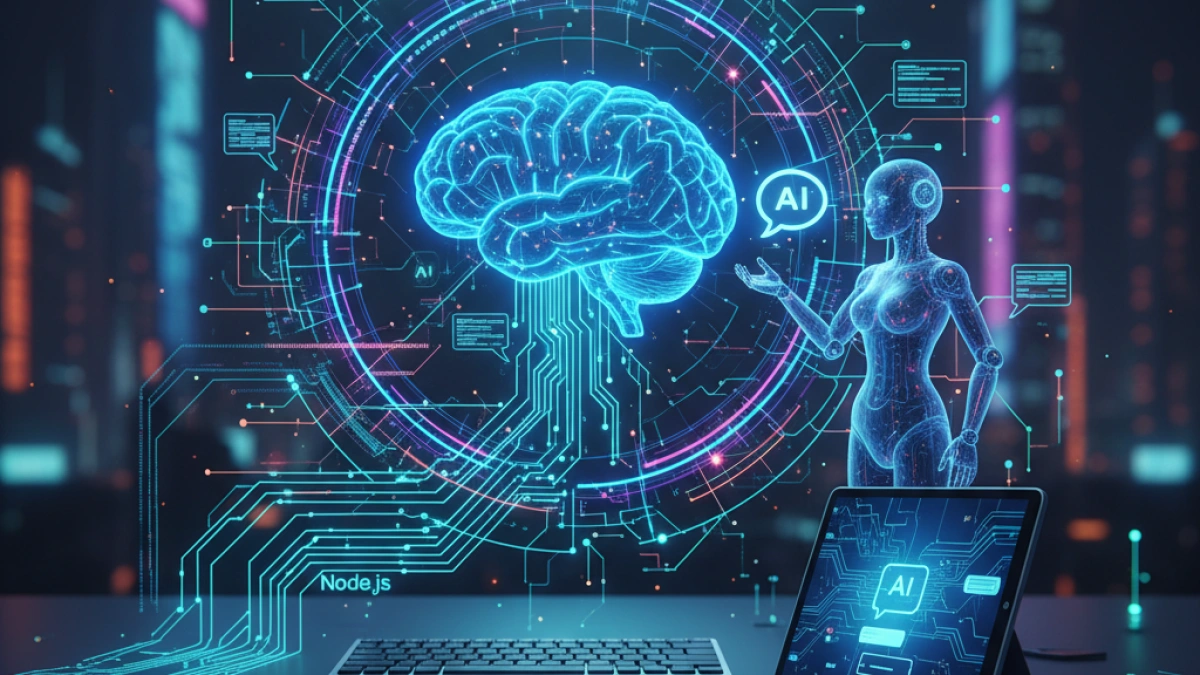AI Chatbots: An Emotional Safe Haven for Mental Health


Currently, AI-powered chatbots are gaining popularity as emotional support tools for mental health. Recently, it has been highlighted how platforms like ChatGPT can provide a safe and supportive space for those looking to express themselves. This article explores how these emerging technologies are changing the way we address our emotional needs.
The Evolution of AI Chatbots
Since their inception, chatbots have evolved significantly. Initially, their main function was to automate simple tasks and answer frequently asked questions. However, with advances in generative AI, they are now capable of maintaining more natural and empathetic conversations. This opens the door to a new use in the field of mental health.
A Safe Space to Share
Chatbots offer an emotional refuge, allowing individuals experiencing anxiety, depression, or other mental health issues to express themselves without fear of judgment. This is particularly relevant at a time when many people feel lonely or misunderstood. By interacting with a chatbot, users can share their thoughts and feelings confidentially and anonymously.
Read also
Accessibility and Convenience
One of the main advantages of chatbots is their accessibility. Unlike traditional therapy sessions, which can be costly and difficult to schedule, chatbots are available 24/7. This allows individuals to seek help at any time, which can be crucial during moments of emotional crisis.
Limitations of AI Chatbots
Despite their growing popularity, it is important to note that AI chatbots are not a substitute for professional therapy. Although they can provide support and listen, they lack the empathy and human judgment that an experienced therapist can offer. Therefore, it is recommended that individuals facing severe mental health issues seek professional care.
Constant Interaction and Feedback
The developers of these chatbots are constantly improving their models to provide more appropriate and empathetic responses. As more users interact with these tools, the AI learns and adapts, which can enhance its effectiveness as an emotional resource. However, ongoing training is essential to maximize their potential and mitigate any errors in responses.
Read also
Public Perception of Chatbots
The acceptance of chatbots as emotional support tools is on the rise, although doubts about their effectiveness persist. Some people feel that interacting with a machine lacks the warmth of a conversation with a human. However, others may find comfort in the impersonal nature of the chatbot, allowing them to open up without the fear of judgment.
Conclusions
In summary, AI chatbots, such as ChatGPT, are establishing themselves as a valuable resource for those seeking emotional support. They provide a safe and accessible space to share feelings, but it is crucial to remember that they do not replace professional care. As technology continues to advance, we are likely to see an increase in the acceptance and use of these tools in the field of mental health.
Would you like to learn more about the use of technology in mental health and other topics of interest? Feel free to keep exploring more news on my blog.



















